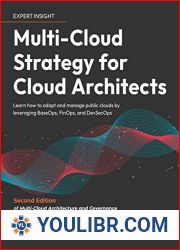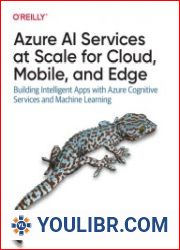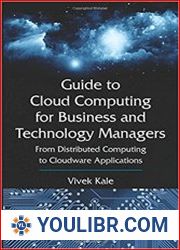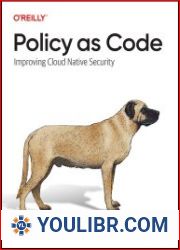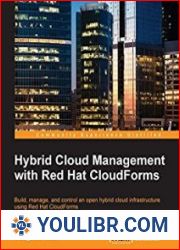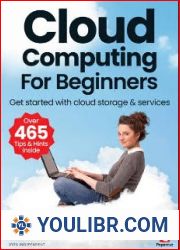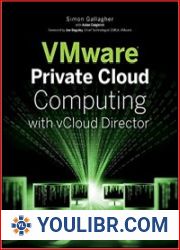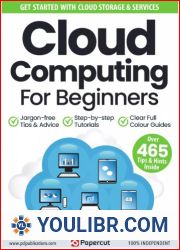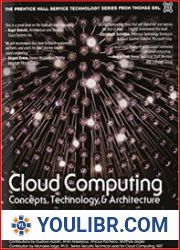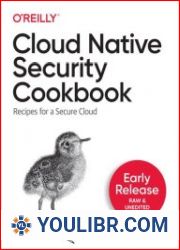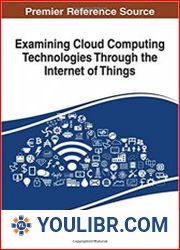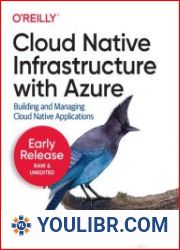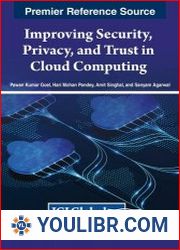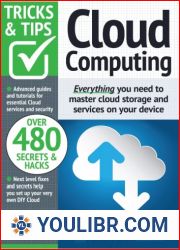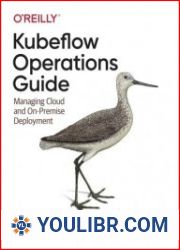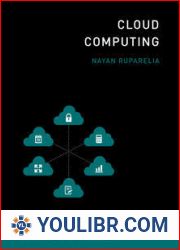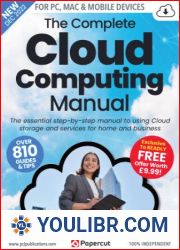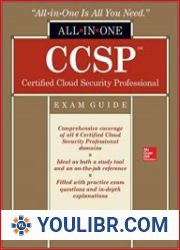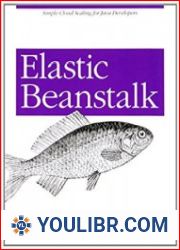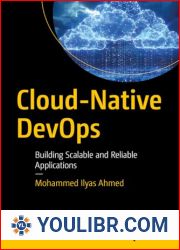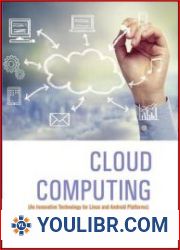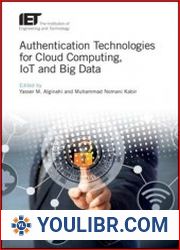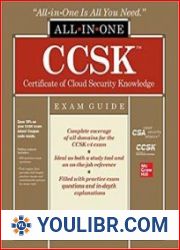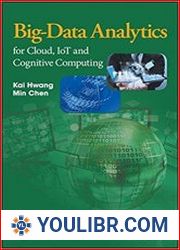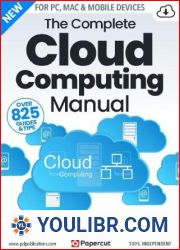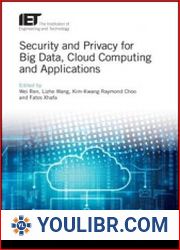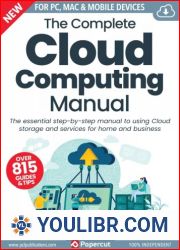
BOOKS - Multi-Cloud Strategy for Cloud Architects: Learn how to adopt and manage publ...

Multi-Cloud Strategy for Cloud Architects: Learn how to adopt and manage public clouds by leveraging BaseOps, FinOps, and DevSecOps, 2nd Edition
Author: Jeroen Mulder
Year: April 27, 2023
Format: PDF
File size: PDF 15 MB
Language: English
Year: April 27, 2023
Format: PDF
File size: PDF 15 MB
Language: English
Solve the complexity of running a business in a multi-cloud environment with practical guidelines backed by industry experience. Purchase of the print or Kindle book includes a free eBook in PDF format. Are you ready to unlock the full potential of your enterprise with the transformative power of multi-cloud adoption? As a cloud architect, you understand the challenges of navigating the vast array of cloud services and moving data and applications to public clouds. But with 'Multi-Cloud Strategy for Cloud Architects, Second Edition', you'll gain the confidence to tackle these complexities head-on. This edition delves into the latest concepts of BaseOps, FinOps, and DevSecOps, including the use of the DevSecOps Maturity Model. You'll learn how to optimize costs and maximize security using the major public clouds - Azure, AWS, and Google Cloud. Examples of solutions by the increasingly popular Oracle Cloud Infrastructure (OCI) and Alibaba Cloud have been added in this edition. Plus, you will discover cutting-edge ideas like AIOps and GreenOps. With practical use cases, including IoT, data mining, Web3, and financial management, this book empowers you with the skills needed to develop, release, and manage products and services in a multi-cloud environment. By the end of this book, you'll have mastered the intricacies of multi-cloud operations, financial management, and security. Don't miss your chance to revolutionize your enterprise with multi-cloud adoption. Cloud architects, solutions architects, enterprise architects, and cloud consultants will find this book valuable. Basic knowledge of any one of the major public clouds (Azure, AWS, or GCP) will be helpful.







